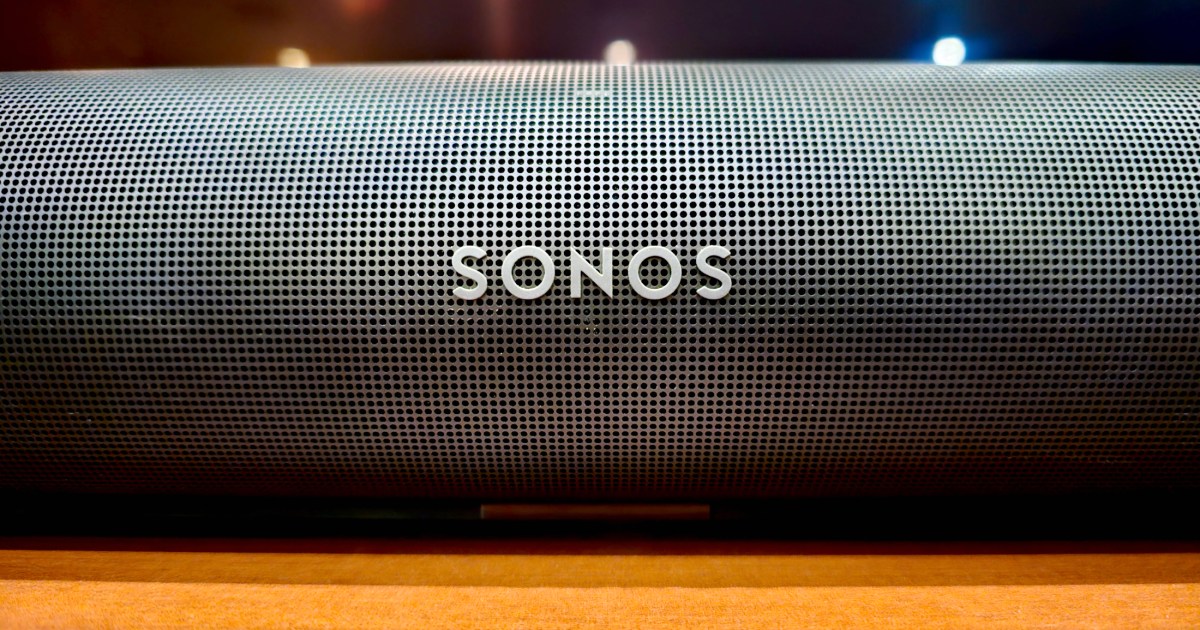 OpenAI
OpenAIOpenAI’s unreleased Sora video generation model was leaked Tuesday by a group protesting the company’s “art washing” actions, per a post from X user @legit_rumors.
The group, calling themselves Sora PR Puppets, reportedly had gained early access to the Sora API. Through that, they leveraged authentication tokens to create a front-end interface enabling anyone to generate video clips with the model. While the project only remained online for around three hours before Hugging Face (or possibly OpenAI itself) revoked access, several users managed to publish their creations to social media sites.
Try it here:https://t.co/gnnkoj0jc2
If Sora, it looks like an optimised version. Can generate up to 1080 10-second clips.
Suggest duplicating the space (if that works – my test didn't!).
One example: pic.twitter.com/npphRJgyrd
— Kol Tregaskes (@koltregaskes) November 26, 2024
“Hundreds of artists provide unpaid labor through bug testing, feedback and experimental work for the [early access] program for a $150B valued company,” Sora PR Puppets wrote in their manifesto. “This early access program appears to be less about creative expression and critique, and more about PR and advertisement.”
The group also accuses the company of screening videos generated during the early access program, demanding that it review and approve those clips prior to them being published. “We are releasing this tool to give everyone an opportunity to experiment with what ~300 artists were offered: a free and unlimited access to this tool,” the group wrote.
Conirmed: OpenAI Sora really has been leaked https://t.co/Vh1zzsKgPT pic.twitter.com/mAN1Z4vGsN
— Chubby♨️ (@kimmonismus) November 26, 2024
“We are not against the use of AI technology as a tool for the arts (if we were, we probably wouldn’t have been invited to this program),” the group wrote. “What we don’t agree with is how this artist program has been rolled out and how the tool is shaping up ahead of a possible public release. We are sharing this to the world in the hopes that OpenAI becomes more open, more artist friendly and supports the arts beyond PR stunts.”
another example from the public pic.twitter.com/nVPw1rZVB5
— ʟᴇɢɪᴛ (@legit_rumors) November 26, 2024
Users who were quick enough to access the interface before it was taken down were able to generate 10-second video clips in resolutions up to 1080p using what appears to be an optimized “turbo” version of what OpenAI first showed off in February.
According to reports from The Information, that earlier iteration operated on a glacial timescale, requiring 10 minutes of real-world processing time to generate a minute-long video clip and continually struggled to maintain a consistent aesthetic style throughout each video.
OpenAI, despite its early advantages in video generation technology, is quickly falling behind its competition in the space, with rivals like Meta’s Movie Gen and Kuaishou Technology’s Kling not only matching Sora’s output quality but also reaching market while it languishes in development.
OpenAI’s chief product officer Kevin Weil said in a recent Reddit AMA that Sora’s release is being delayed by the “need to perfect the model, get safety/impersonation/other things right, and scale compute.”

Andrew Tarantola is a journalist with more than a decade reporting on emerging technologies ranging from robotics and machine…
Elon Musk reportedly will blow $10 billion on AI this year

Between Tesla and xAI, Elon Musk's artificial intelligence aspirations have cost some $10 billion dollars in bringing training and inference compute capabilities online this year, according to a Thursday post on X (formerly Twitter) by Tesla investor Sawyer Merritt.
"Tesla already deployed and is training ahead of schedule on a 29,000 unit Nvidia H100 cluster at Giga Texas – and will have 50,000 H100 capacity by the end of October, and ~85,000 H100 equivalent capacity by December," Merritt noted.
Read more
Google expands AI Overviews to over 100 more countries

Google's AI Overview is coming to a search results page near you, whether you want it to or not. The company announced on Monday that it is expanding the AI feature to more than 100 countries around the world.
Google debuted AI Overview, which uses generative AI to summarize the key points of your search topic and display that information at the top of the results page, to mixed reviews in May before subsequently expanding the program in August. Monday's roll-out sees the feature made available in seven languages — English, Hindi, Indonesian, Japanese, Korean, Portuguese, and Spanish — to users in more than 100 nations (you can find a full list of covered countries here)
Read more
GPT-5: everything we know so far about OpenAI’s next frontier model

There's perhaps no product more hotly anticipated in tech right now than GPT-5. Rumors about it have been circulating ever since the release of GPT-4, OpenAI's groundbreaking foundational model that's been the basis of everything the company has launched over the past year, such as GPT-4o, Advanced Voice Mode, and the OpenAI o1-preview.
Those are all interesting in their own right, but a true successor to GPT-4 is still yet to come. Now that it's been over a year a half since GPT-4's release, buzz around a next-gen model has never been stronger.
When will GPT-5 be released?
OpenAI has continued a rapid rate of progress on its LLMs. GPT-4 debuted on March 14, 2023, which came just four months after GPT-3.5 launched alongside ChatGPT. OpenAI has yet to set a specific release date for GPT-5, though rumors have circulated online that the new model could arrive as soon as late 2024.
Read more


















 English (US) ·
English (US) ·